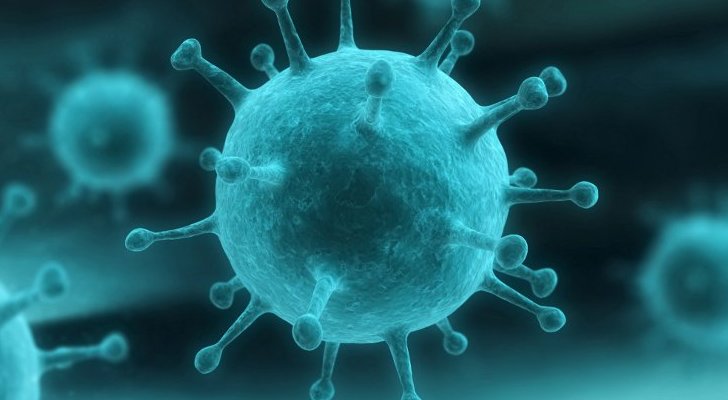
Universal flu vaccine comes closer, scientists say
- 24 August 2015
Researchers say they are closer to developing a vaccine to give life-long protection against any type of flu, after promising trials in animals.
Two separate US teams have found success with an approach that homes in on a stable part of the flu virus.
That should remove the problem with current flu vaccines which must be given anew each year because they focus on the mutating part of the virus.
The proof-of-concept work is published in Science journal and Nature Medicine.
Studies are now needed in humans to confirm that the method will work in man.
In the meantime, experts say people should continue to receive an annual flu jab because vaccination is still the best way to protect yourself against infection.
Universal jab
Conventional flu jabs target molecules on the surface of the flu virus, but these are constantly changing.
Imagine the flu virus as a ball with lots of lollipops on stems sticking out.
The lollipops change year to year, but the stems remain the same.
It is the stems that scientists are now focusing on as a target for a universal flu jab.
Many different research teams have been testing potential candidates, but it has been a technical challenge to make something that can be used in a vaccine without involving the lollipop 'head' of the hemagglutinin molecule.
Many different research teams have been testing potential candidates, but it has been a technical challenge to make something that can be used in a vaccine without involving the lollipop 'head' of the hemagglutinin molecule.
This latest work seems particularly promising, according to Prof John Oxford, a flu expert at the University of London.
He called the results a "red letter day" for science.
"This is a leap forward compared to anything done recently. They have good animal data, not just in mice but in ferrets and monkeys too. And they've done it with the bird flu virus H5N1," he said.
"It's a very good stepping stone. Ultimately, the hope is to get a vaccine that will cover a pandemic virus."
Prof Sarah Gilbert, Professor of Vaccinology at University of Oxford, said: "This is an exciting development, but the new vaccines now need to be tested in clinical trials to see how well they work in humans."
"This will be the next stage of research, which will take several years. So we are still some way from having better flu vaccines for humans," she added.
No comments:
Post a Comment